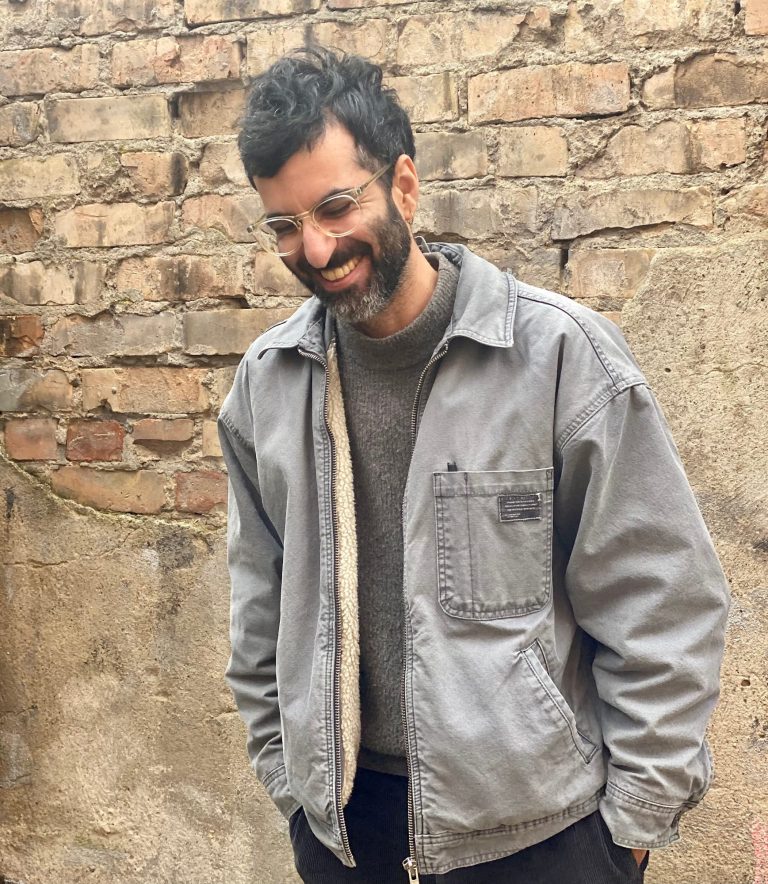
Who i am and what i do
I graduated as a psychologist from the Federal University of Rio de Janeiro (UFRJ) in 2006. During my first years at the Department of Applied Psychology at the UFRJ, my practice had Winnicott's psychoanalysis as its theoretical reference, while I also participated in undergraduate research in the field of psychoanalytic theory at the university.
Shortly before moving to Berlin in 2010, I was introduced to mindfulness practices, which I continue to explore and use in my work.
For over 10 years I worked with teenagers and families at the European School in Berlin, and I'm currently specialising in Systemic Therapy at the Systemisches Institut für Achtsamkeit (SIA, Berlin). I was granted the title of "Heilpraktiker für Psychotherapie" by the Berlin Health Authority in 2023.
I have spoken at various institutions on the topic of "lgbtqia+ identities in education", and my work on this topic won first place in the fair@school competition run by the German Federal Anti-Discrimination Agency in 2017.
In addition, my forays into the arts (music, performance and dramaturgy) and my personal commitment to a decolonial approach of psychotherapy have given me a distinctive sensitivity and listening ability.
What I offer
I mainly combine three therapeutic approaches in what I call Deep Relational Therapy:
- Systemic Therapy:
We look at how your relationships—family, work, and social environments—affect your emotional health and development. By understanding these dynamics, we can change patterns and influence connections.
- Winnicottian Psychoanalysis:
It focuses on early relationships, particularly those formed before we could speak (pre-verbal development). It helps us explore how early emotional experiences shape our sense of self and how catering to these past wounds can reconnect you with a sense of more authenticity.
- Mindfulness:
Mindfulness teaches you to perceive the present moment through sensations. It helps you develop more clarity in a non-judgmental way.
It also includes tools from ACT (acceptance and commitment therapy) and schema therapy as well as a commitment to a more decolonial approach.
External links
Podcasts (also on Spotify - in Portuguese)
PodNagringa
Falando sobre serviço social e psicologia em Berlim.
Psicast Vibe
O foco dessa vez foi principalmente uma comparação entre psicologia escolar em Berlim (sistema público) e no estado do Rio (sistema privado).
© Urheberrecht. Alle Rechte vorbehalten.
Wir benötigen Ihre Zustimmung zum Laden der Übersetzungen
Wir nutzen einen Drittanbieter-Service, um den Inhalt der Website zu übersetzen, der möglicherweise Daten über Ihre Aktivitäten sammelt. Bitte überprüfen Sie die Details in der Datenschutzerklärung und akzeptieren Sie den Dienst, um die Übersetzungen zu sehen.

